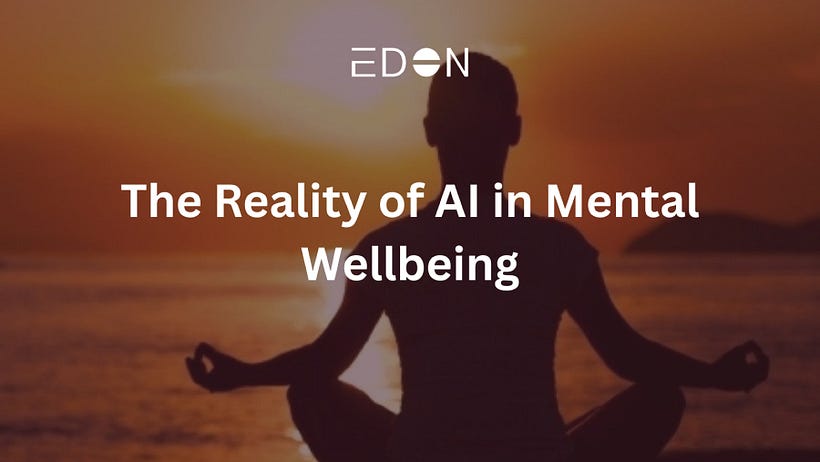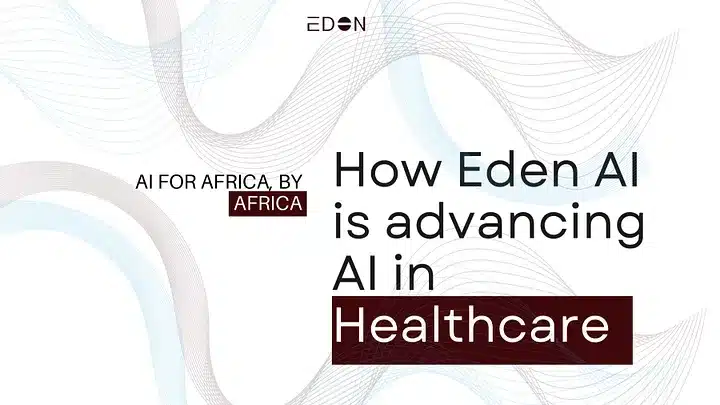
Artificial Intelligence is transforming how we care for our minds. From meditation apps to therapy chatbots, AI powered tools are becoming everyday companions in our pursuit of mental wellness. But like any tool, their impact depends on how we use them.
Let’s explore the good bad, and how to find balance.
How AI Supports Mental Wellbeing
- Accessible Self-Care Tools
- Not everyone has access to therapy or counseling, but AI is bridging that gap. Meditation apps guide users through breathing exercises, journaling platforms use AI prompts to help process emotions, and chatbots offer coping strategies and emotional check ins. These tools can be a gentle entry point into self-care and mental health awareness.
- 2. Personalized Recommendations
- AI thrives on personalization. Wellness apps suggest routines based on mood patterns, sleep cycles, or stress levels. Some even integrate with wearables to track heart rate or sleep, then recommend relaxation exercises. These small nudges help build healthier daily habits.
- 3. Reducing Stigma
- Talking about mental health can feel intimidating. AI tools offer a private, judgment free space to reflect and explore emotions, lowering the barrier for those hesitant to seek help.
The Downside
While these technologies can bring many benefits to a wide variety of people there are ways it can be misused. The same algorithms that personalize wellness can also fuel stress. We see this with social media platforms. that often push emotionally charged content to keep us engaged, and whose excessive use is linked to anxiety, loneliness, and sleep disruption.
We can also gain an overreliance to this devices. AI therapy bots can be helpful but they are simply tool that require a skilled and trained professional to be used to their full potential. They lack empathy and deep contextual understanding and sole reliance may leave users feeling unseen or delay professional help.
Finding the Balance
AI isn’t the enemy nor is it a cure all. The key is mindful use. AI is a supplement, not a substitute, and seek human connection and professional help when needed. Be data aware by choosing tools with transparent privacy policies. And balance digital practices with real life ones pair an AI journaling tool with a walk, yoga, or a chat with a friend.
AI is reshaping mental health care, offering accessibility, personalization, and stigma reduction. But it also brings challenges around overuse, reliance, and data safety.
This Mental Health Awareness Month, let’s use technology as a tool, not a crutch. With balance, mindfulness, and awareness, AI can become a powerful partner in building healthier, more resilient lives.
Stories by Eden AI on Medium 




